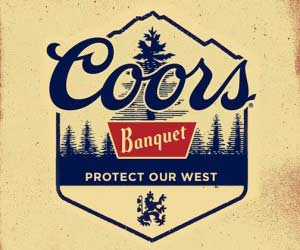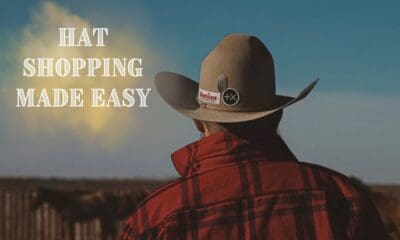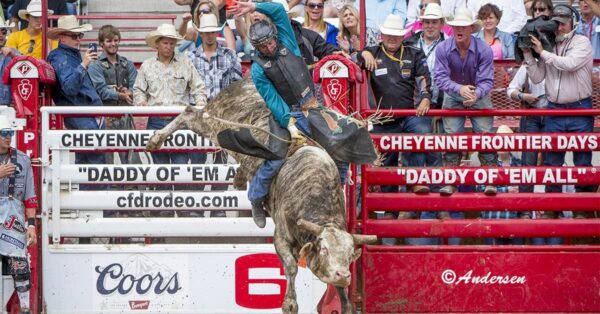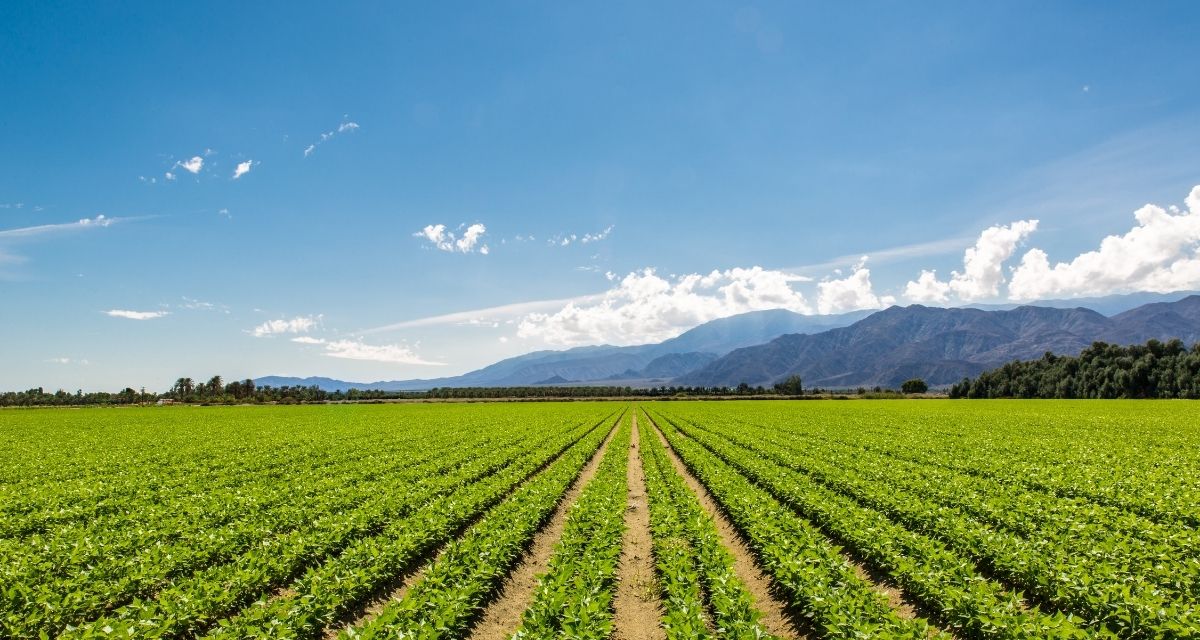
Agriculture 101: Starting Your Own Farm
There is a lot that goes into starting your own farm, much more than we could fit in an article. But today, we hope to give you a place to start and some of the things you need to consider before starting your farm or ranch.
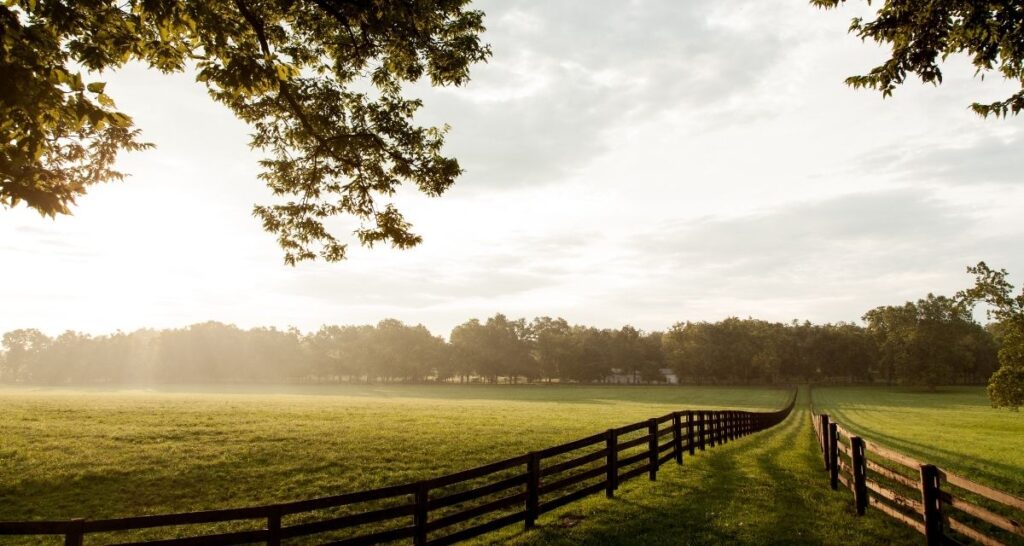
Farming Basics
Below we are going to cover some of the absolute bare necessities you need before jumping into being a farmer or a rancher. Now as much as everyone wants a homestead full of goats and cows, you need to treat your farm as a business so you can get the most out of it.
Start with a Plan
The very first thing that you need to do is figure out what you want to sell, where you’re going to sell it, who your target audience is, and how you’re going to do it. Sounds easy right? Well, it could be, or you will find yourself answering these questions several times over in order to find the right balance. We definitely recommend creating at least a couple of backup plans based on your personal variables.
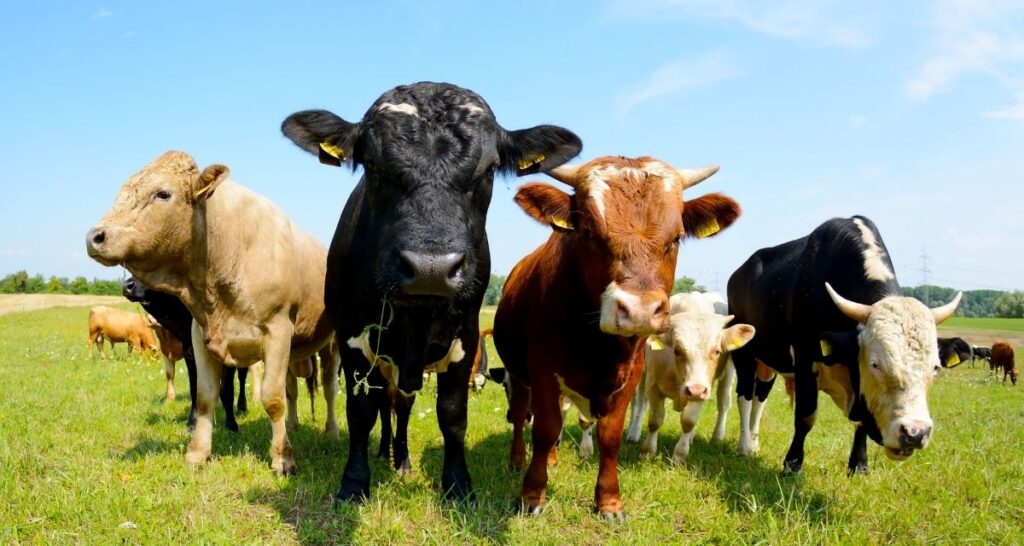
Finding Land
Now that you have a plan, you should know exactly how much land you’re going to need in order to make your dream happen. This is the step that a lot of folks get discouraged on, we are here to tell you that there are several options out there to help you get the land you need to be successful. The first area you should start looking into is capital access through the USDA. With so many options for new farmers and ranchers, there are options to both buy and lease land. Now if you can’t qualify for government funding, then you can always go the private route and find someone who has some land they would be willing to lease out to at least get you started.

Learn, Research, and Share
So you have your business plan in place, you have looked into land options for getting started, now what? Now you will want to learn and research as much as you can to try and avoid the mistakes that other people have made but also learn from people that are doing the same thing you want to do. This can come in many forms, it can be following someone’s blog or social media, it can be visiting their farm, it can be a mentorship but at the end of the day, you need as much knowledge that you can get to start your own farm. The other thing that plays into this point is that you can’t be afraid to fail. Every farm is different and should be treated that way. What works for one farmer might not work for you. It’s important for you to find what works for you and your farm based on the knowledge of experts.
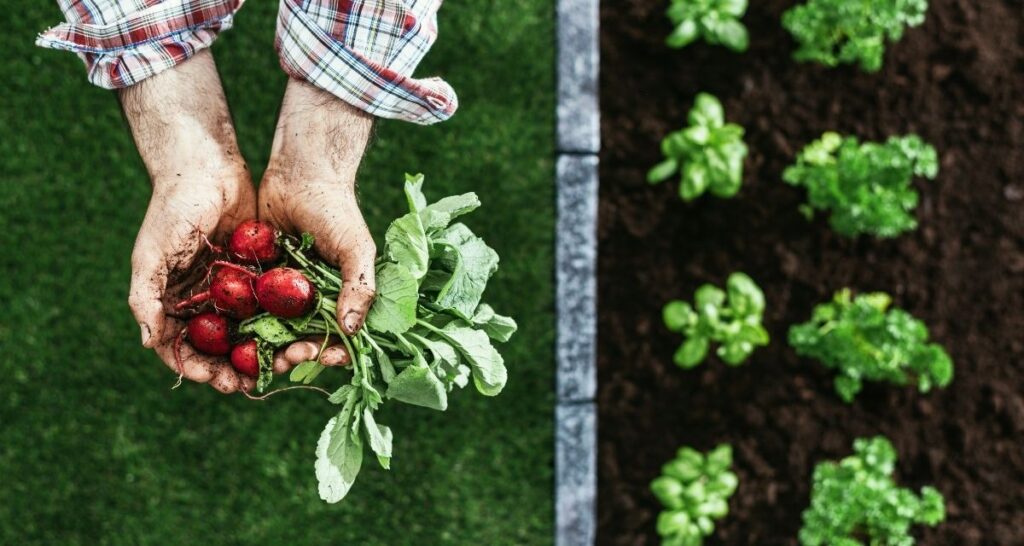
Manage Your Risk & Start Small
As mentioned above, there are so many things that go into starting your own farm and part of that is starting small and managing your risk accordingly. Depending on what type of farm or ranch you have decided to start, there are several options for you to help manage your financial and protect yourself and your assets against certain circumstances. One of those opportunities is the PRF Insurance Program offered through CKP Insurance. That program specifically is designed to help mitigate the costs of loss during a drought, but that is just one example of managing your risk accordingly and knowing what your options look like.
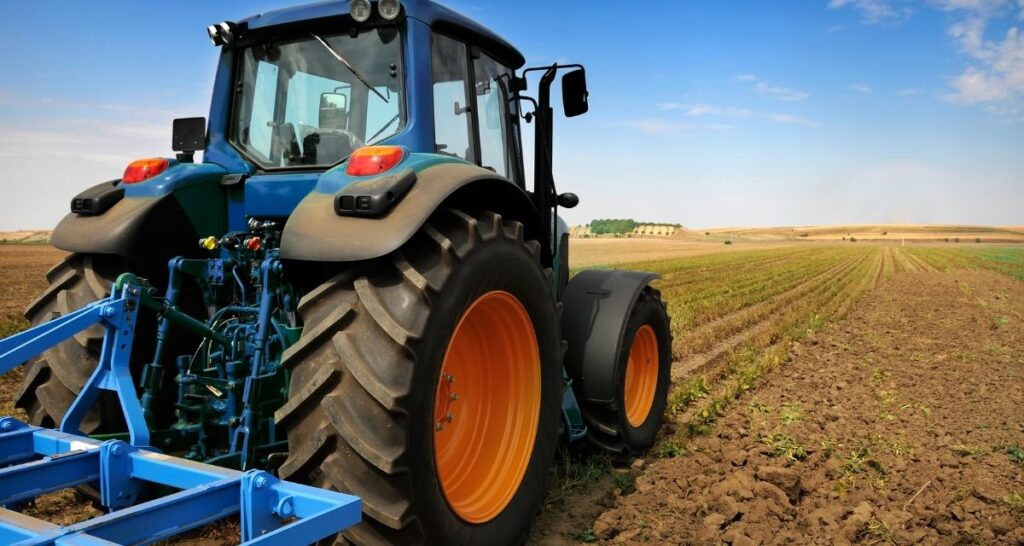
CKP Insurance
Trained professionals will walk you through a range of options using risk-assessment tools that will take the pressure off when there is a drought in your area. The program is very affordable because the government subsidizes 51%-59% of the premium.
“Those Who Expect More Choose CKP”
We Got What You Need
Pasture, Rangeland, Forage Insurance was designed to help protect your operation from the risks of forage losses that are produced for grazing or harvested for hay, resulting in increased costs for feed.
Anyone can sell you a policy. But CKP Insurance invests the time to understand your needs and develop a strategy that will produce the best coverage results.

Last Updated on 05/10/2022 by Krysta Paffrath
CLN Community Sponsor
